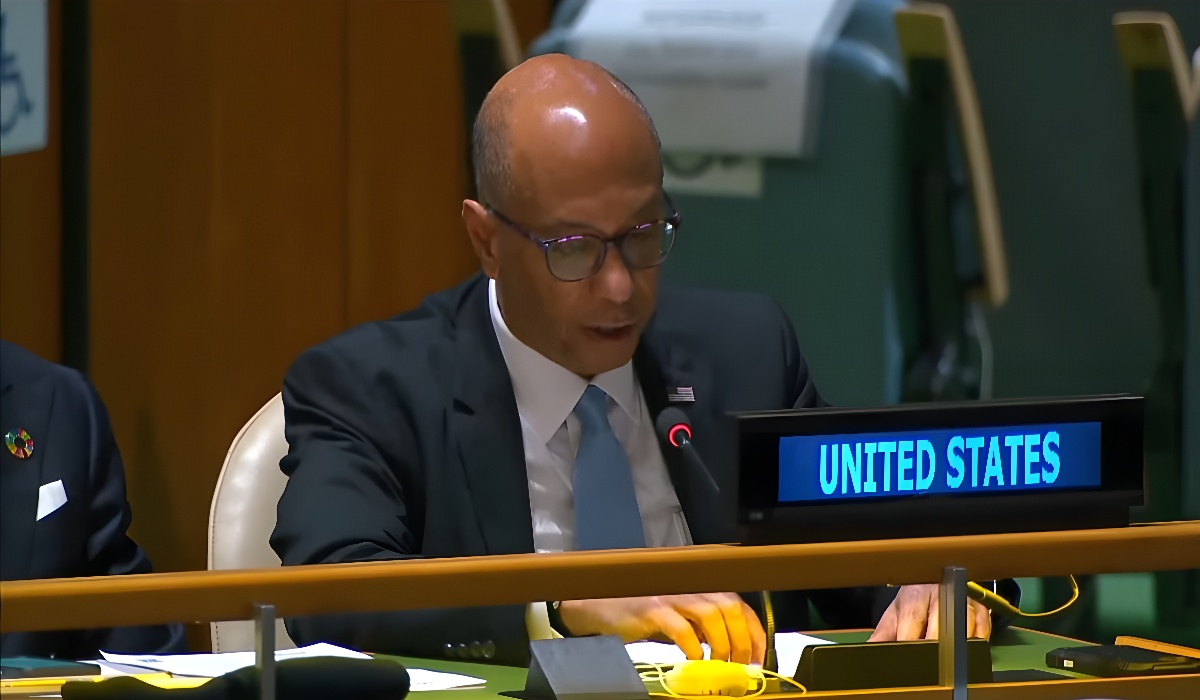The World Would Be Less Habitable Without Science And Vaccines
- TDS News
- Breaking News
- Science
- January 2, 2023

The importance of science and vaccines cannot be overstated. Science has allowed us to understand the world around us, from the smallest subatomic particles to the vast expanse of the universe. It has given us the tools to cure diseases, generate clean energy, and create new technologies that have improved the quality of life for people around the globe. Vaccines, in particular, have played a crucial role in reducing the morbidity and mortality caused by infectious diseases.
A world without science and vaccines would be a vastly different and much less habitable place. Without the scientific method, we would have no way to systematically understand the world and make progress. We would be unable to cure diseases, or even understand what causes them. We would have no way to create new technologies or improve upon existing ones. Our quality of life would be significantly lower and life expectancy would be much shorter.
One of the most significant impacts of science and vaccines has been in the realm of public health. Throughout history, infectious diseases have caused widespread suffering and death. Smallpox, for example, is estimated to have killed more than 300 million people in the 20th century alone. Thanks to science and vaccines, however, we have been able to eliminate smallpox and nearly eradicate other diseases such as polio, rinderpest, and Guinea worm disease.
Vaccines work by introducing a small, harmless version of a pathogen into the body. This triggers the immune system to create antibodies that can recognize and fight off the real pathogen if it enters the body. When enough people in a community are vaccinated against a particular disease, it creates herd immunity, which makes it difficult for the disease to spread and can eventually lead to its eradication.
Without vaccines, infectious diseases would continue to ravage communities around the world. Outbreaks of diseases such as measles, whooping cough, and influenza would be much more common, leading to increased morbidity and mortality. The cost of treating these diseases would also be significantly higher, as there would be no preventive measures in place.
In addition to their impact on public health, science and vaccines have also played a crucial role in driving economic growth. New technologies and medical advances have led to new industries and job opportunities, while also increasing productivity and efficiency. Without science and vaccines, we would have fewer resources and less capacity to meet the needs of a growing population.
A world without science and vaccines would also be a world without many of the things we take for granted today. From smartphones and laptops to clean energy and space exploration, much of what we have achieved as a society is the result of scientific progress. Without science, we would not have the knowledge or tools to create and innovate in the way that we do today.
It’s impossible to know exactly what a world without science and vaccines would be like, but it’s safe to say it would be a much less desirable place to live. Science and vaccines have played a crucial role in improving the quality of life for people around the world, and their importance will continue to be felt for generations to come.








